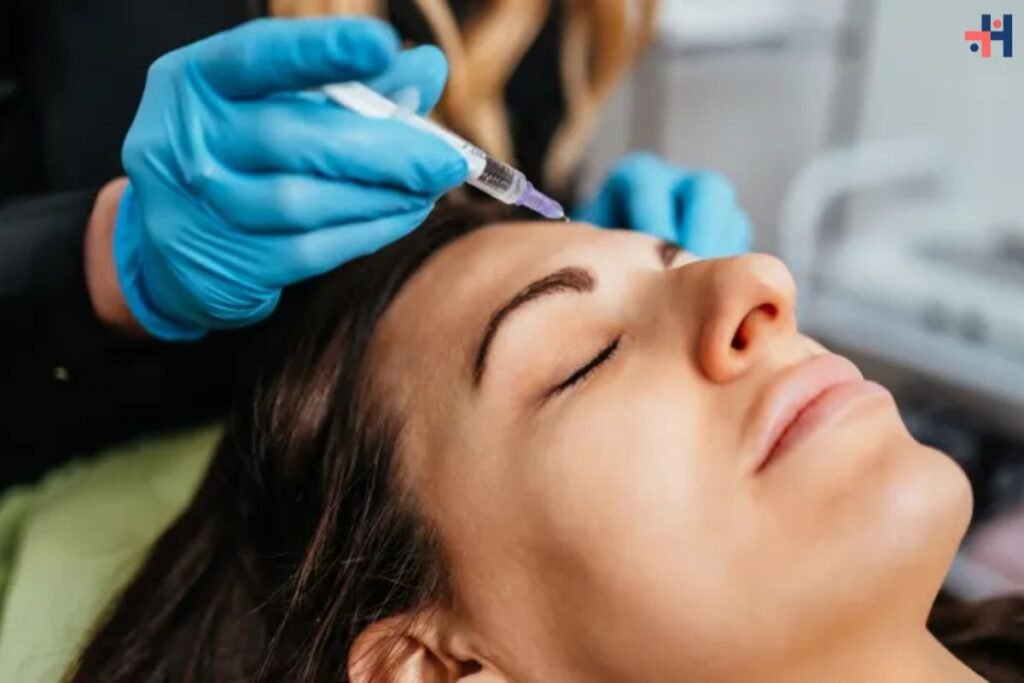(source-FOX-35-Orlando)
An investigation into a cluster of HIV infections linked to an unlicensed spa has shed light on the alarming consequences of unsanitary practices in cosmetic procedures. The Centers for Disease Control and Prevention’s Morbidity and Mortality Weekly Report details the findings of the investigation, which revealed a disturbing trend among clients who underwent a controversial cosmetic treatment known as a “vampire facial.”
Discovery of the Outbreak
The investigation was sparked by the case of a woman aged between 40 and 50, who tested positive for HIV during a routine test while traveling abroad in the summer of 2018. With no apparent risk factors for HIV transmission, such as injection drug use or blood transfusions, the woman’s diagnosis raised concerns. However, she reported undergoing a vampire facial at the VIP Spa in Albuquerque during the spring of 2018.
A vampire facial, also known as platelet-rich plasma microneedling, involves drawing a patient’s blood, separating the platelet-rich plasma, and injecting it into the face with microneedles. Despite claims of skin rejuvenation and celebrity endorsements, the procedure lacks substantial evidence of its effectiveness.
Unsanitary Conditions
Subsequent investigations into the VIP Spa revealed shocking conditions, including unwrapped syringes, unlabeled blood samples stored alongside food, and reused disposable equipment. The facility operated without a license, appointment scheduling system, or proper sterilization equipment, posing significant health risks to its clients.
Legal Ramifications
Following the discovery of the unsanitary conditions, the Unlicensed Spa was promptly shut down, and the owner, Maria de Lourdes Ramos De Ruiz, faced legal charges for practicing medicine without a license. In 2022, she pleaded guilty to five counts and received a prison sentence of three-and-a-half years.
Despite the closure of the unlicensed spa, additional cases of HIV linked to the vampire facials emerged over the following years. The investigation uncovered two more cases in 2021, both involving clients who had undergone the procedure in 2018. Genetic sequencing of the virus indicated a close relationship between the infections, highlighting the extent of the outbreak.
Challenges in Tracking Cases
The investigation faced significant challenges due to incomplete client records and language barriers among the predominantly Spanish-speaking clients. However, the findings underscore the importance of identifying novel sources of HIV transmission, particularly among individuals with no known risk factors.
The case of the VIP Spa serves as a stark reminder of the potential dangers associated with unregulated cosmetic procedures. It highlights the urgent need for stringent oversight and regulation to protect public health and prevent similar outbreaks in the future.









